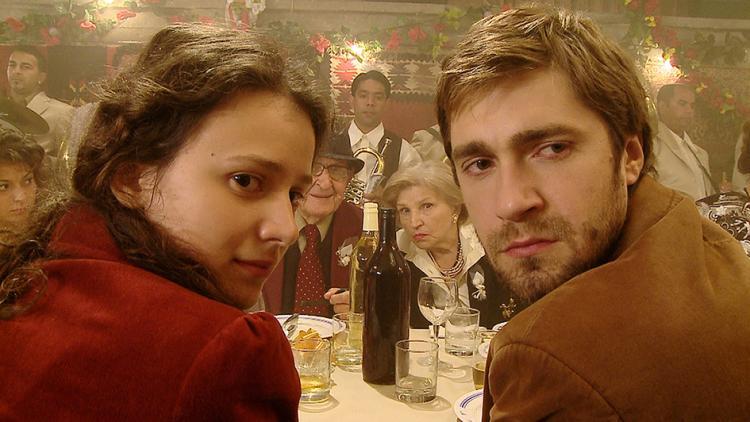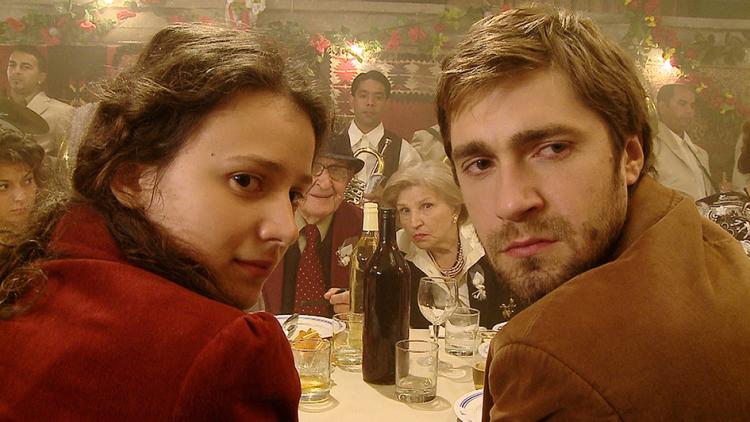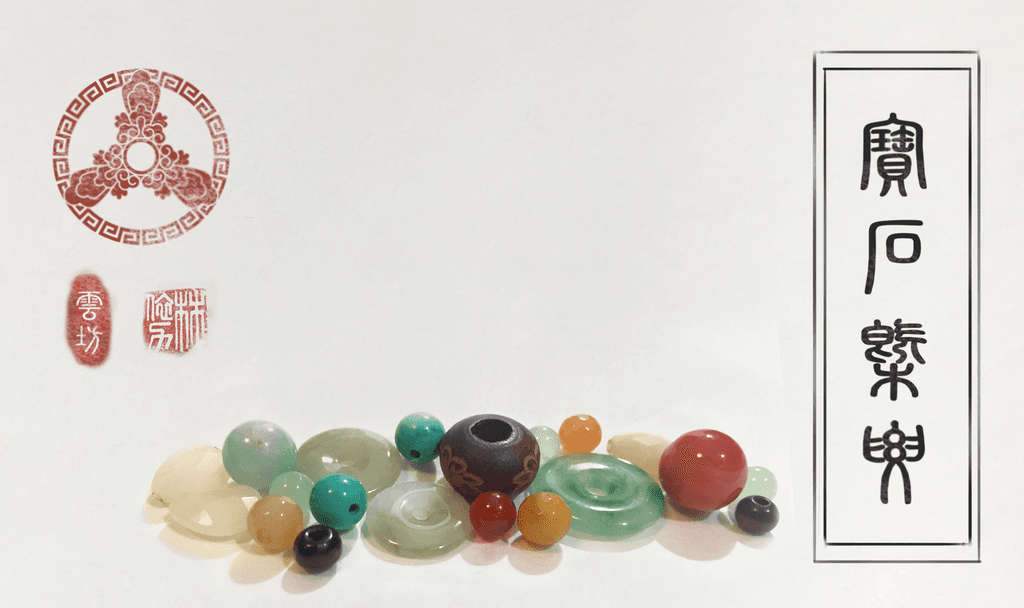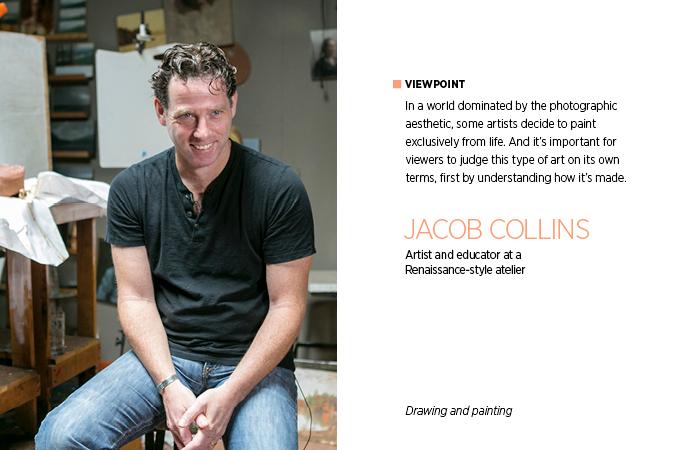Honeymoons takes a look at the stories of two couples, one Serbian and the other Albanian, who set out for Austria in search of better futures. The film plays off of the Serbian-Albanian conflict by illustrating the mutual suspicion between both countries and how deeply political creeds destroy even the closest of family ties.
Vera and Marko, the Serbian couple, are forced out of the family for attending the wedding of Vera’s cousin, whose father is a long-time political rival of Vera’s father. After a violent falling-out with her father, Vera leaves with Marko to Austria, where he is promised an audition with the Vienna Philharmonic Orchestra.
Concurrently Maylinda and her brother-in-law, Nick, leave Albania in hopes of being able to marry in Italy, where tradition would not bind Maylinda to stay in her mother-in-law’s household despite her husband’s being dead or missing for three years.
Despite being abundant with beautiful footage of rustic rural life, the slow pace and sparse dialogue drag down the plot—at least until Vera’s father fires a rifle to disrupt his niece’s wedding. And then the film becomes progressively more painful to watch as every interpersonal relationship tenses under political pressure and snaps. The film ends ambiguously, where each emigrant’s fate is vulnerable and at the whim of unfriendly foreigners.
The acting is beautifully understated. The good intentions of each main character contrast with the situations they are up against, and the editing, with its painfully long scenes, make the tension that much more apparent.
If the producers wanted to demonize custom guards who work along the borders of Europe and show the worst in humanity, then they have succeeded. But these bad apples do not typify all European custom guards nor are all Europeans so hateful of immigrants. However, what the film does successfully do is portray the deeply damaging political strife in Eastern Europe. So take the film with a grain of salt—and an aspirin.
Honeymoons was part of the Human Rights Watch Film Festival that concluded in New York this week.
Vera and Marko, the Serbian couple, are forced out of the family for attending the wedding of Vera’s cousin, whose father is a long-time political rival of Vera’s father. After a violent falling-out with her father, Vera leaves with Marko to Austria, where he is promised an audition with the Vienna Philharmonic Orchestra.
Concurrently Maylinda and her brother-in-law, Nick, leave Albania in hopes of being able to marry in Italy, where tradition would not bind Maylinda to stay in her mother-in-law’s household despite her husband’s being dead or missing for three years.
Despite being abundant with beautiful footage of rustic rural life, the slow pace and sparse dialogue drag down the plot—at least until Vera’s father fires a rifle to disrupt his niece’s wedding. And then the film becomes progressively more painful to watch as every interpersonal relationship tenses under political pressure and snaps. The film ends ambiguously, where each emigrant’s fate is vulnerable and at the whim of unfriendly foreigners.
The acting is beautifully understated. The good intentions of each main character contrast with the situations they are up against, and the editing, with its painfully long scenes, make the tension that much more apparent.
If the producers wanted to demonize custom guards who work along the borders of Europe and show the worst in humanity, then they have succeeded. But these bad apples do not typify all European custom guards nor are all Europeans so hateful of immigrants. However, what the film does successfully do is portray the deeply damaging political strife in Eastern Europe. So take the film with a grain of salt—and an aspirin.
Honeymoons was part of the Human Rights Watch Film Festival that concluded in New York this week.






